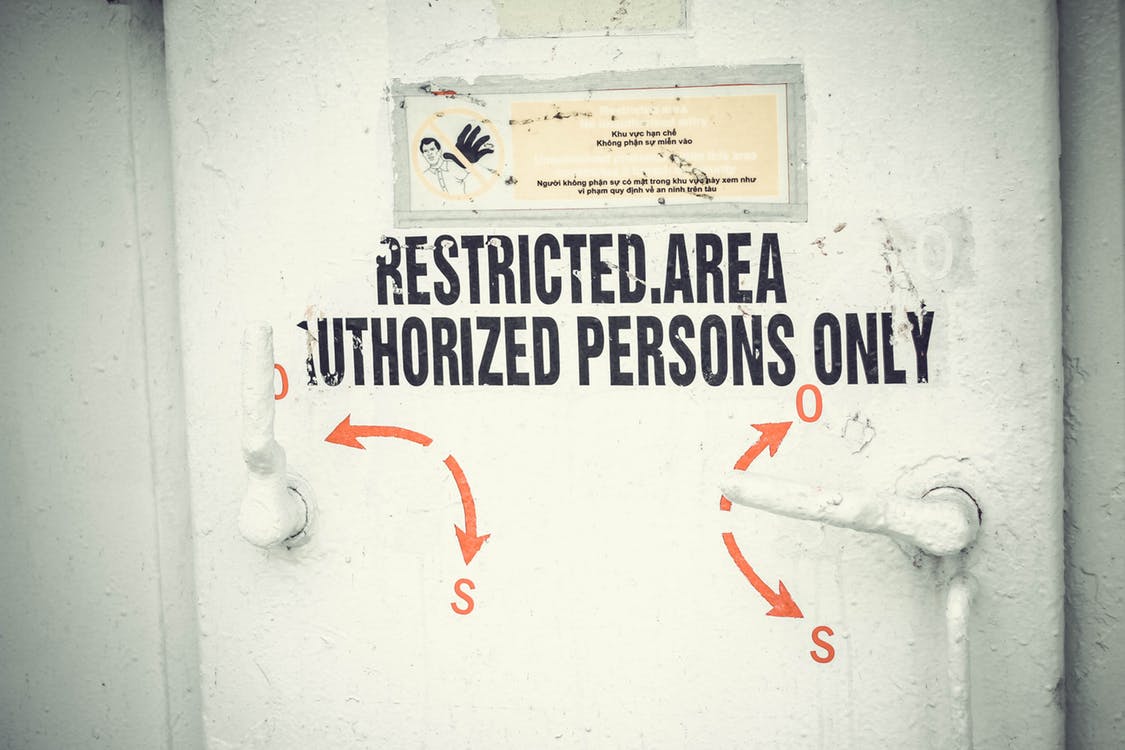We pass a lot of data over the internet in our everyday lives.
Whether that's with cloud based email accounts, online banking, internet shopping or when using social media accounts.
This data is like a goldmine for cybercriminals, so make it harder for them to access your accounts with two factor or multi factor authentication.
What is Two Factor Authentication?
Single factor authentication is where you log into an account directly using a username or email address and a password.
2 Factor Authentication (2FA, TFA, Multi Factor Authentication) requires another piece of information to be inputted before you can login to specific sites.
The banking industry was one of the first to introduce two factor authentication for consumers. They issued card readers which are required to access internet banking, in addition to the standard username and password.
Now, one of the most common methods of 2FA is through your mobile phone. You might receive a code via text message that has to be entered, or tap an app before you can access the site. Unless the thief also has your mobile phone, they won't be able to access your account.
Using your mobile phone for 2FA also has the added benefit that you can set live notifications when someone is trying to access your account, so you can immediately change your password or check the login history.

Why use Two Factor Authentication?
Email - The Gateway To All Your Data
If you forget your password for an online account, like Amazon, for example, most people will use their email to recover and reset their passwords.
If a hacker can access your email account, there is little to stop them from resetting the passwords for all of your online accounts.
This is even more worrying when most online retailers allow you to save your payment methods. Now the hackers don’t even need to know your credit card details to be able to buy things online using your money.
Data Protection Regulations
The rules around data protection are changing. Firstly with the General Data Protection Regulation (GDPR), and now with the UK Data Protection Bill that is being drafted by the UK Government for a post-Brexit Britain.
The aim of these new laws is to give consumers more rights over how their data is used, and keep the data safer.
There are several impacts on businesses. Not only will most businesses need to update their processes around data collection and processing, but businesses that breach the laws will be subject to higher fines and penalties.
Making your business data harder to access will be one of many data security updates that you can make to your business processes.
You may want to add 2FA to any websites you manage where data is collected (don’t forget about cookies too), internal CRM systems, and work emails.
Gmail and Outlook both offer 2 factor authentication, and we advise all of our clients to implement it across your business. It’s relatively easy to set up, speak to our team to see what’s involved.
Date published: 03/08/2017